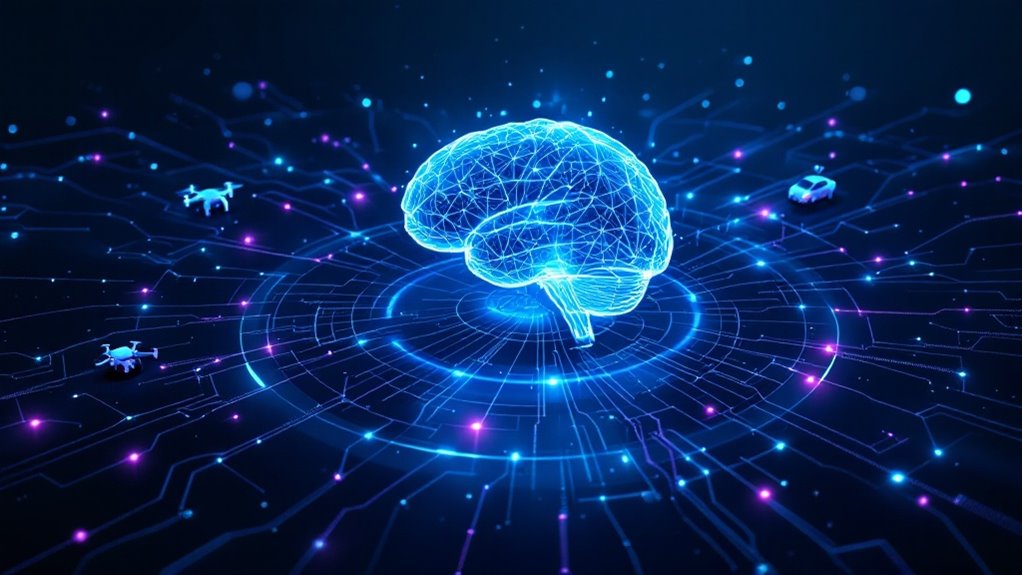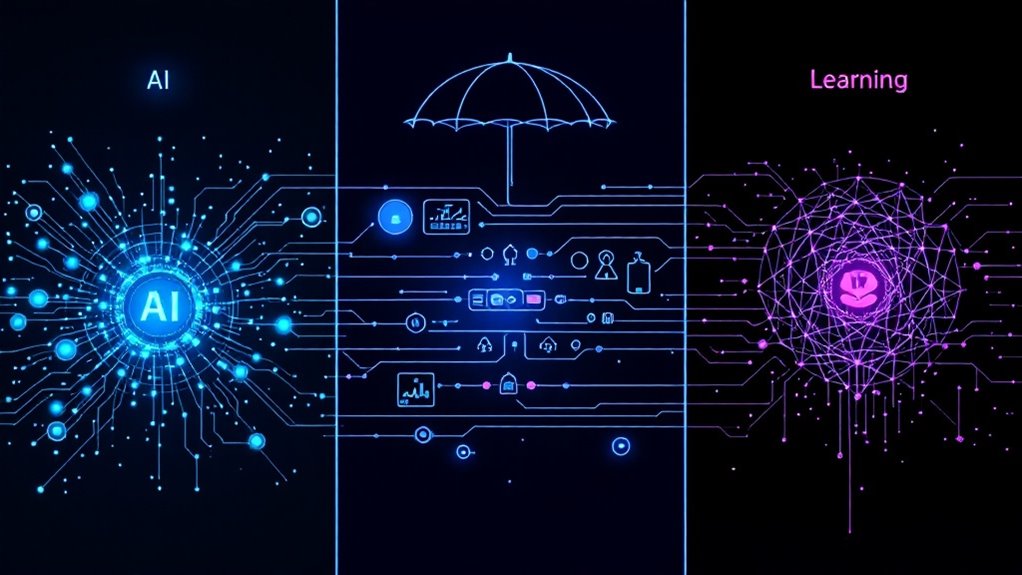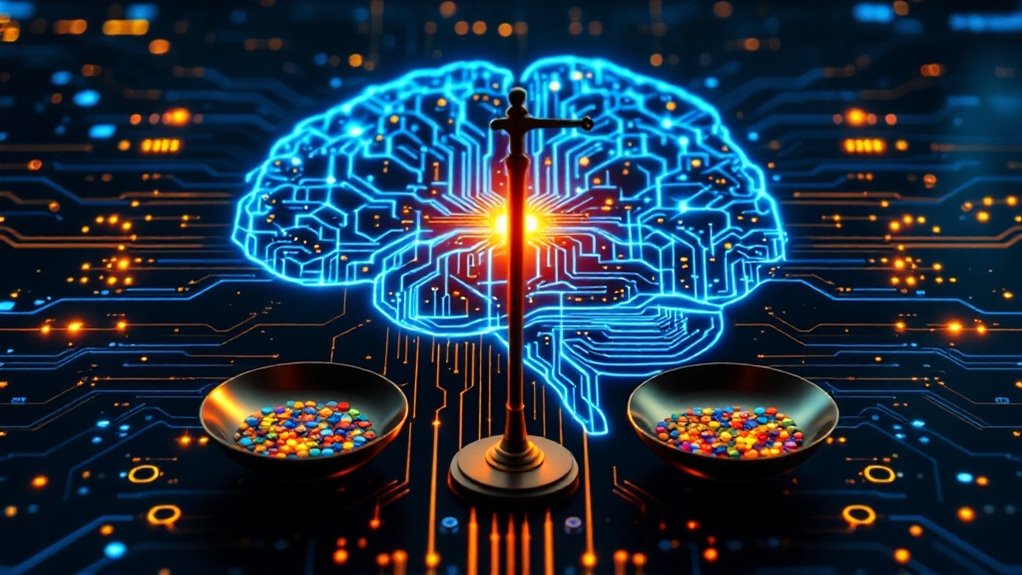AI faces significant hurdles despite its impressive advances. Systems inherit human biases from training data, struggle with environmental factors like snowflakes confusing self-driving cars, and raise serious privacy concerns. Meanwhile, regulatory frameworks can’t keep pace with innovation, creating compliance nightmares across regions. Top it off with a severe talent shortage driving astronomical salaries, and you’ve got a technology that’s powerful but deeply flawed. The journey ahead requires addressing these limitations before AI can truly deliver on its promises.
While artificial intelligence continues its meteoric rise across industries, the technology remains plagued by significant shortcomings that threaten to undermine its transformative potential. From self-driving cars struggling with snowflakes to recruitment algorithms that mysteriously prefer male candidates, AI systems keep reminding us they’re far from infallible.
Behind many AI failures lurks the specter of biased data. These systems, for all their computational might, are fundamentally sophisticated mimics of human decisions—including our prejudices. When an AI makes lending decisions based on historically discriminatory practices, it’s not being malicious; it’s just doing what we inadvertently taught it. *Garbage in, garbage out* has never been more relevant.
AI doesn’t invent bias—it inherits it directly from our flawed human decisions and prejudices.
Data quality issues compound the problem. You know how your phone’s autocorrect makes wild guesses after you’ve typed three letters? That’s AI working with incomplete information—now imagine that same uncertainty determining medical diagnoses or criminal sentences. Not exactly comforting, is it? Inaccuracy remains the most cited risk among organizations implementing generative AI technology, yet only 32% are actively working to mitigate this issue.
Meanwhile, regulators are playing an exhausting game of catch-up. By the time legislation addresses one AI concern, the technology has sprinted ahead three more steps. This regulatory whiplash creates a business environment where companies must navigate a maze of inconsistent rules across regions—GDPR in Europe, CCPA in California, and varying standards elsewhere.
Privacy concerns aren’t helping AI’s reputation either. These systems are data-hungry beasts, often gobbling up personal information with consent forms buried in 50-page terms of service documents. The lack of transparency in AI systems creates serious autonomy harms when individuals cannot control how their data is being collected and used. Then there’s the environmental cost—training a single large language model can generate as much carbon as five cars during their entire lifetimes. So much for that eco-friendly image.
The talent shortage further complicates matters. Organizations desperately seek AI experts but find a shallow talent pool that commands astronomical salaries. Universities can barely update their curricula before new techniques render their teachings outdated. The scarcity of specialized AI talent continues to hinder organizations from fully realizing AI’s potential in their operations.
When it comes to AI, we’re simultaneously impressed by its capabilities and sobered by its limitations—a technological paradox that defines our era.









